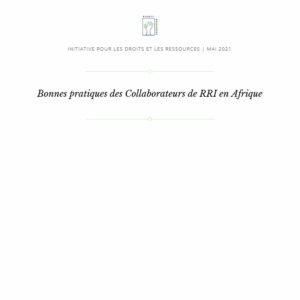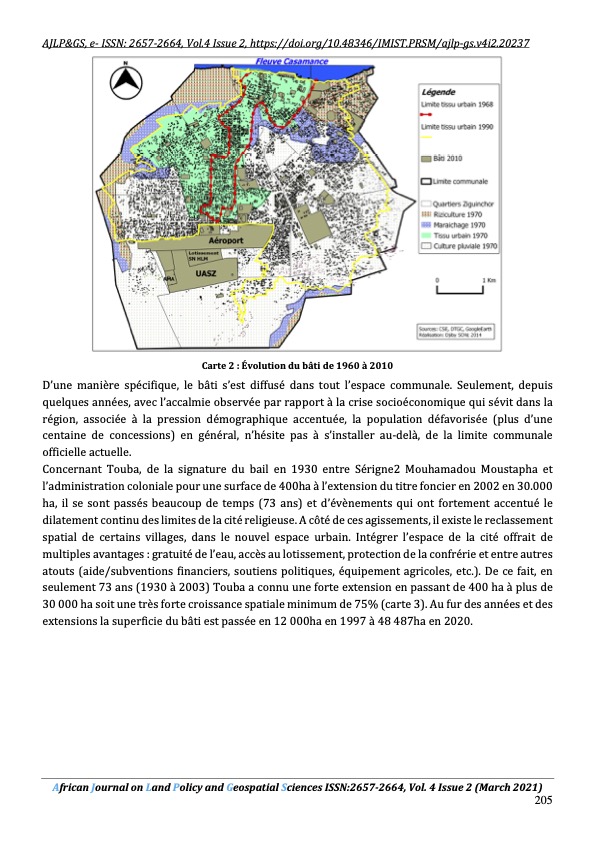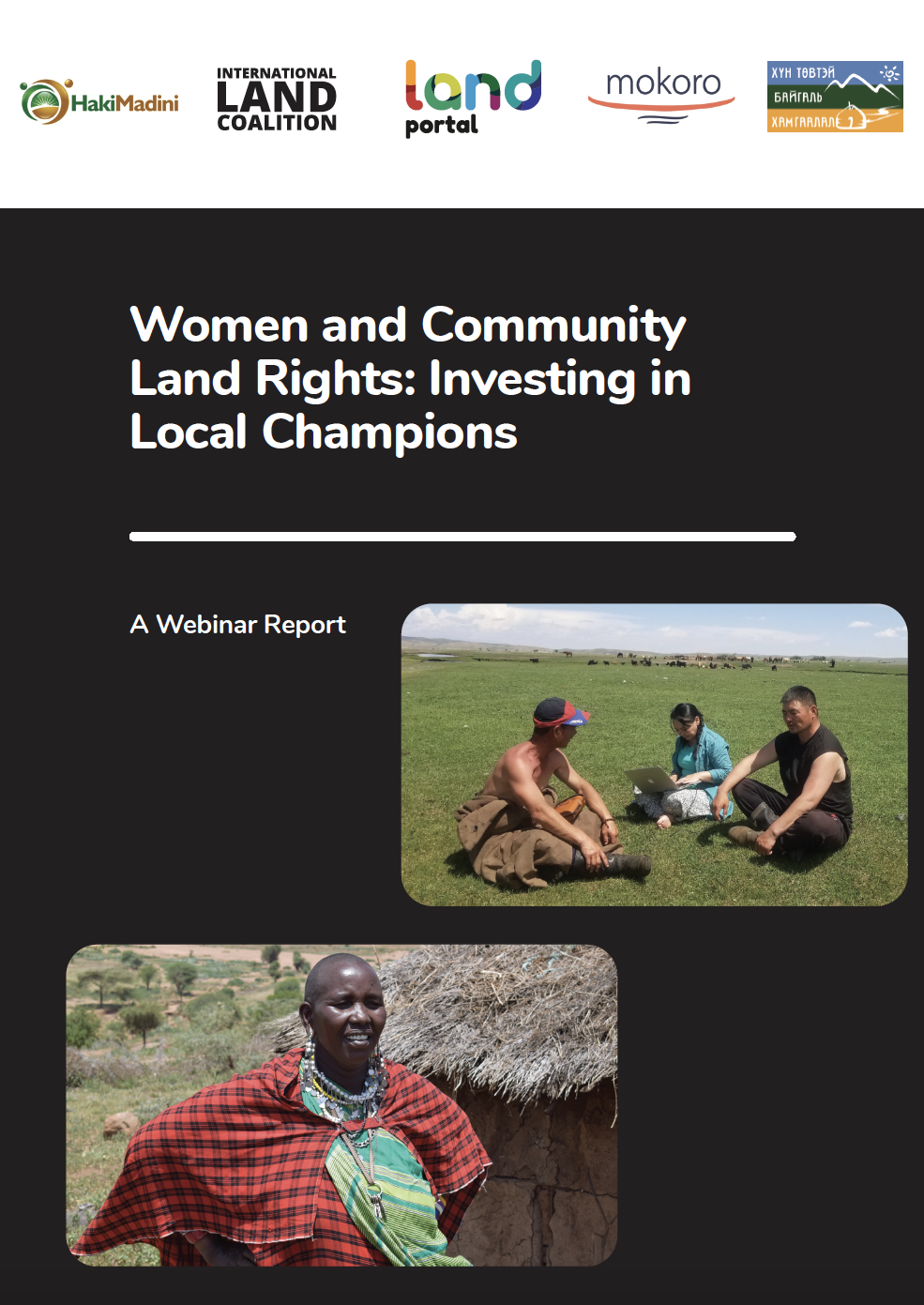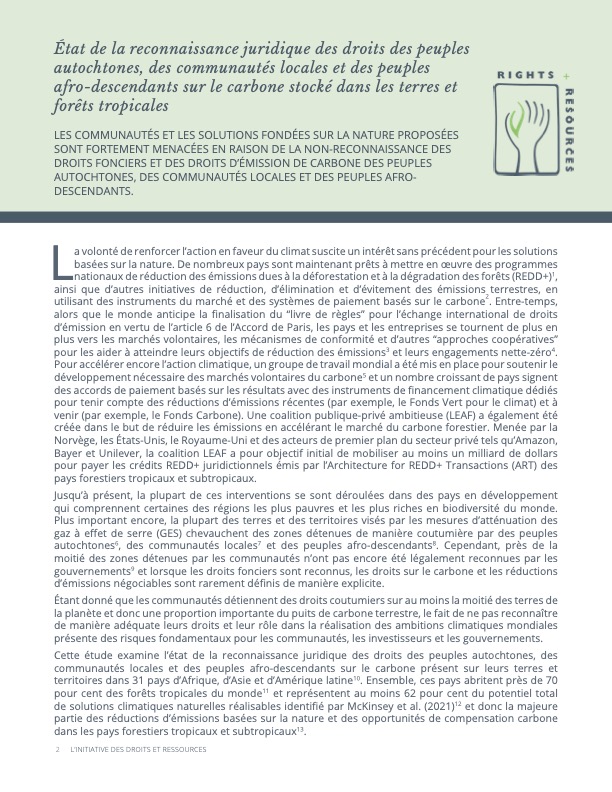Land Rights for Sustainable Life on Land
Land is the foundation of our life; stopping the critical loss of land and turning this trend around is critical for the future prosperity and security of humankind. The Sustainable Development Goal 15 “Life on land” commits world leaders to work together to achieve land degradation neutrality (LDN) for safeguarding life on land. One of the objectives that comprises LDN is to reinforce responsible governance of land tenure.







